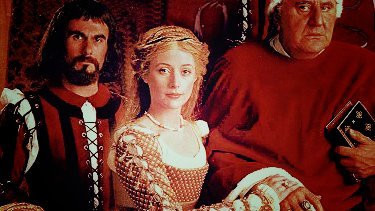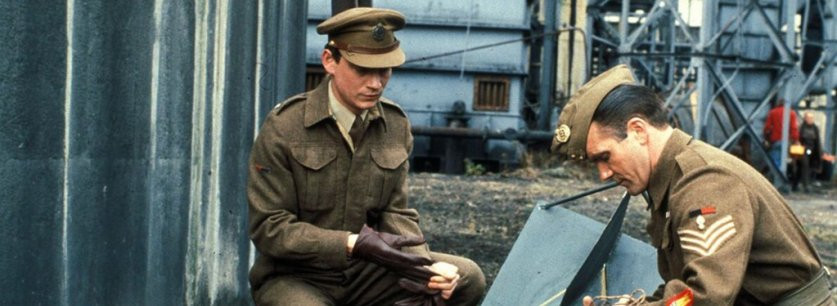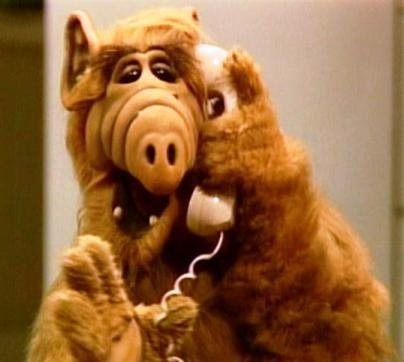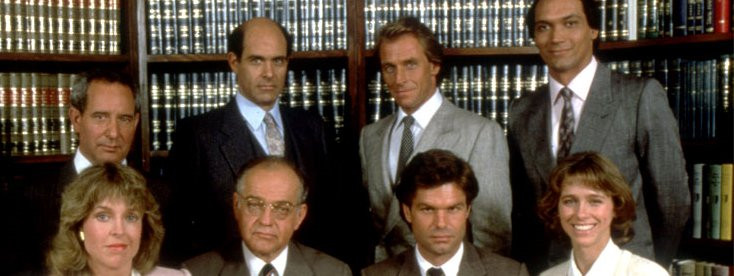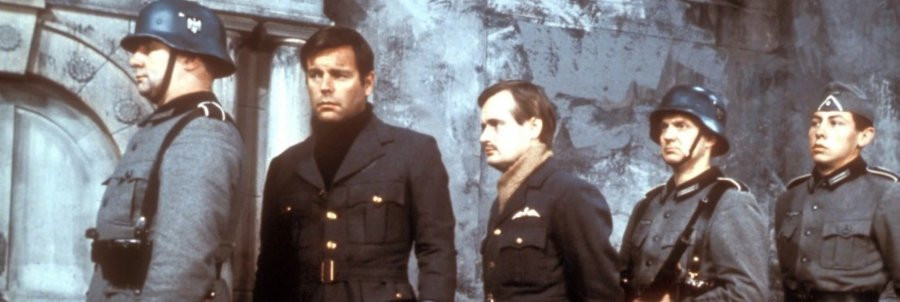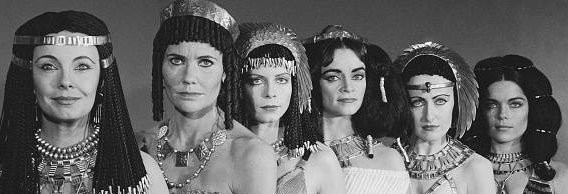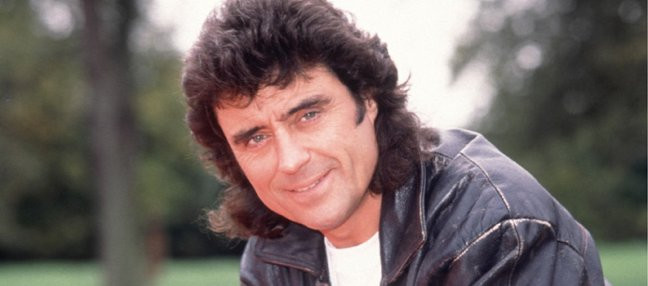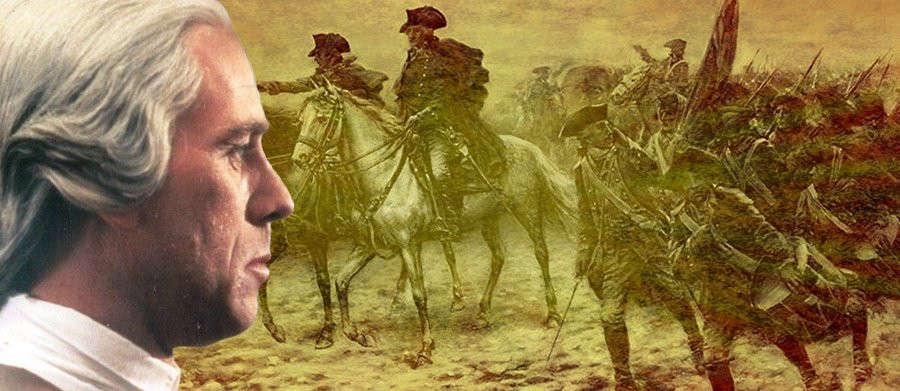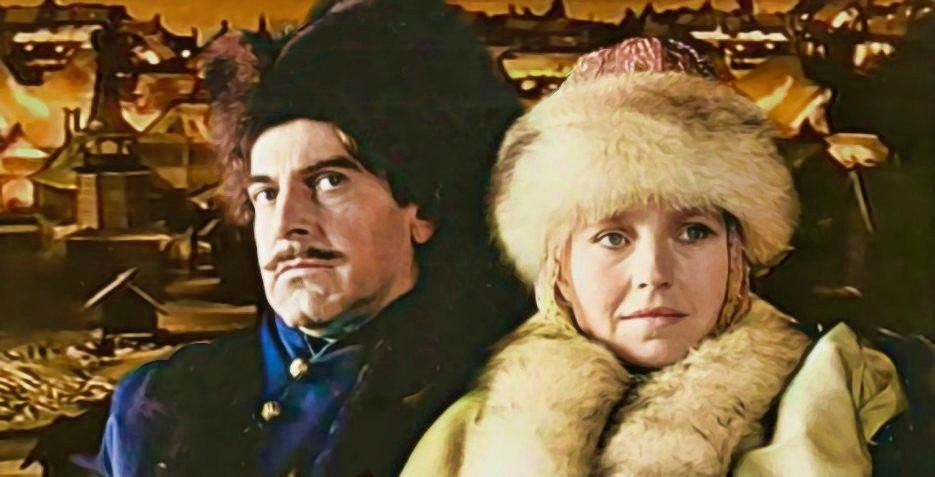
Peter the Great
1986 - United StatesThe multinational supporting cast work unusually well together, the photography is stunning, the score is an outstanding work of art
Peter the Great review by John Winterson Richards
Peter the Great, along with Ivan the Terrible, Catherine the Great, Lenin, and Stalin was, for better or for worse, one of the great modernisers of Russia who turned it from a sprawling rural backwater into a major power through sheer will, a ruthless application of brute force, and an almost complete disregard for the value of human life. All epitomise both the effectiveness and the evil of a centralised state under a strong ruler. All achieved revolutionary change in a short time at the price of immense suffering. All were probably clinical psychopaths.
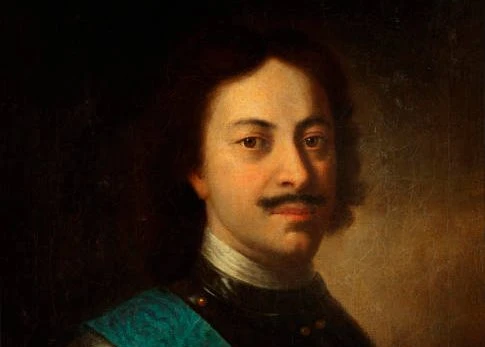
Peter is by far the most impressive of the crew. It was he who famously opened "a window to the West" at the beginning of the 18th Century by establishing a new port on the Baltic at St Petersburg, importing the latest European technology, and transforming every aspect of Russian society by merciless decree. He is honoured as a national hero in Russia, his official status enhanced in recent years, especially under the influence of his Number One fan, Vladimir Putin.
He is now probably best known in the West to viewers of The Great as the intimidating father of Catherine the Great's inadequate husband. In fact Peter the Great was that lesser Peter's grandfather, not his father, and died before he was born. Yet the satirical show's depiction of the enduring influence of the first Peter's overpowering personality is one of the least inaccurate things about it, and his portrayal by Jason Isaacs - fresh from his success as another larger than life Russian, Marshal Zhukov, in Armando Iannucci's feature film The Death of Stalin - seems true to how he must have appeared to his contemporaries and near contemporaries.
Older viewers may also remember Peter from a very prestigious "miniseries," called simply Peter the Great, which had a considerable impact in the mid 1980s. With the Cold War still at its height, Russia's then Soviet and Socialist rulers were beginning to accept they had a problem: they were locked in an arms race in which the other side had huge economic and technological advantages. Like Peter, they realised that they had to open their own window to the West.
The American network NBC was one of the first Western companies to take advantage of this greater openness. They were granted a relatively wide permission to film the miniseries, based on the Pulitzer Prize-winning biography by Robert K Massie, in Russia and Uzbekistan, including surprisingly generous access to some historical sites. The price of this seems to have been a generally pro-Russian perspective in the script and a more sympathetic attitude to Peter than in Massie's book. Massie himself was a confirmed Russophile but took a negative view of the Bolsheviks in his writing - his wife was an influential adviser on Russia to Ronald Reagan - and his portrait of Peter is not as flattering as it is in the show. For all their Socialism, the men in the Kremlin even then liked to see something of themselves in Peter, the absolute ruler using his absolute power to modernise his country. In their vanity, they might well have feared that any criticism of Peter might have been interpreted as a coded attack on their regime. As it was, their hospitality was rewarded with a very positive view of Russia, and of a Russian hero with whom they wanted to associate themselves, on primetime American network television.
Quite apart from the propaganda aspect, the economics of Russia's welcome made a lot of sense to both parties: the production brought actual dollars to Russia at a time when Russian exports were attracting little hard currency, while, for the same reason, NBC found they could get a lot of bang for their bucks there in terms of extras, costumes, and the like. Russia already had a well developed film industry which wanted to demonstrate to the international market what it could provide. One can see the results on the screen. The production really is epic in every sense
And it knows it. There are times when it seems to be screaming how spectacular it is - and how Russian it is. The elaborate ceremonies of the Russian Imperial Court and Orthodox Church are shown to some length. This is interesting but it sometimes seems like a distraction from the main story. One has time to wonder if the distraction is deliberate, because that story is not a pleasant one and we are sometimes left at a loss about with which characters, if any, we are meant to be sympathising.
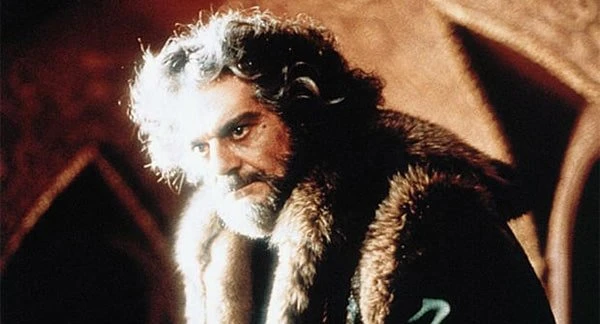
This deliberate sense of the epic is further enhanced by a truly international cast. The principal cast includes well known faces from Russia (Boris Plotnikov), Germany (Jan Niklas, Helmut Griem, Hanna Schygulla, Elke Sommer), Switzerland (Maximilian Schell, Ursula Andress), Egypt (Omar Sharif), the Netherlands (Renee Soutendijk), and the United Kingdom (Lord Olivier, Vanessa Redgrave, Trevor Howard, Jeremy Kemp), as well as the United States (Lilli Palmer, Mel Ferrer).
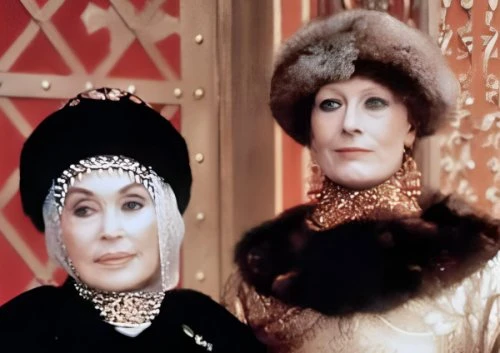
Some are there only as opening title bait in unnecessary cameos to add their names to the project. Olivier's appearance is particularly pointless, and, no disrespect, he was obviously too old and too dotty at that point to play William of Orange. It is, however, interesting to note that Andress' upmarket spy is based on a real person who was scheming to become Abbess of a particularly wealthy and prestigious nunnery - history really is stranger than fiction.
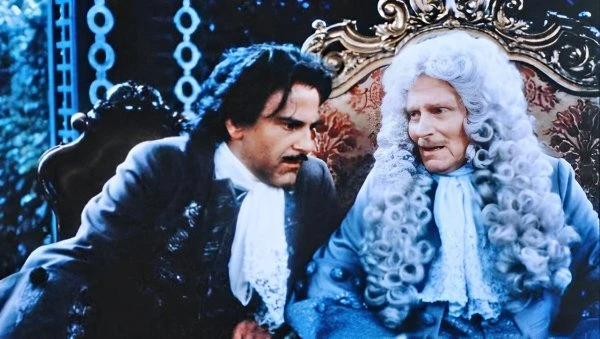
Niklas and Schell are surprisingly credible sharing the role of Peter. Niklas is the eager young man, Schell the bitter tyrant in his later years (Peter was only 52 when he died), but we see something of the bully in the youngster and something of the perpetually inquisitive youngster in the older man. Niklas is probably the more accurate portrayal because he is better able to convey the restless energy that was Peter's defining characteristic. Schell seems to have had problems during the production and his place is often taken by a stand in with a scarf around his lower face. At his best he is nevertheless very effective at conveying both Peter's dominance and his incomprehension when he discovers he cannot control everything like he assumed. Of course neither actor can match Peter's height but then it would be almost impossible to find an actor who could: the Emperor was at least six foot seven.
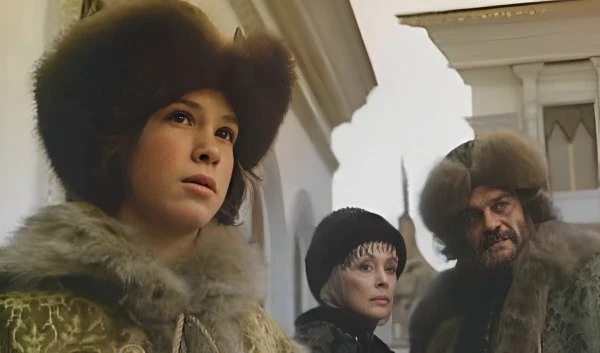
The multinational supporting cast work unusually well together. Lilli Palmer adds particular class as Peter's mother in her very last performance. Boris Plotnikov does not look like Peter's ill-fated son but maintains a clever ambiguity: he is sometimes exasperatingly weak and stupid, sometimes sympathetic as the victim of his domineering father, and sometimes as bad as Peter himself, having inherited some of his vices without his virtues. Jeremy Kemp made something of a speciality out of playing arrogant but jaded aristocratic officers, and he is ideally cast here as Patrick Gordon of Auchleuchries, the most reliable of a number of foreign mercenaries employed by Peter to help modernise the Russian armed forces.
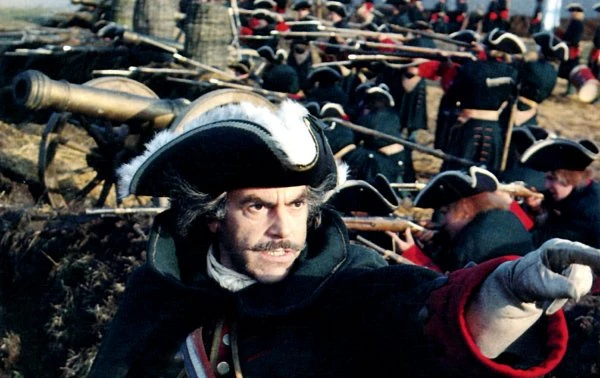
The photography is stunning, as one would expect from the combination of the locations, the costumes, and the involvement of the great Italian cinematographer Vittorio Storaro. Director Marvin Chomsky handles the big set pieces well, especially the Revolt of the Streltsy which gets proceedings off to a brisk start and the climactic Battle of Poltava. It is only when one has a practised eye for these things and is actually looking for them that one realises that the crowds are not quite as big as one first thought. However, this only increases one's admiration for the director's skill, and the second unit director's, in making what they have look more than it is. The whole thing is still very impressive and all the more so when one recalls the production could not use CGI as it surely would today.
The score by Laurence Rosenthal is an outstanding work of art in its own right, winning a well deserved Emmy. Rosenthal blends the style of Erich Wolfgang Korngold, whose blaring horns introduced those magnificent Hollywood swashbucklers of the 1930s, with that of the Russian classical composer Sergei Prokofiev, especially his score for Eisenstein's epic film Alexander Nevsky. The combination evokes both sides of Peter's character, the adventurer and the Russian, very cleverly. Chomsky and Rosenthal were to reunite a few years later for another Russian themed project, Catherine the Great, this version a "television movie" with a young Catherine Zeta-Jones in the title role (the Empress from The Great, not CZJ herself).
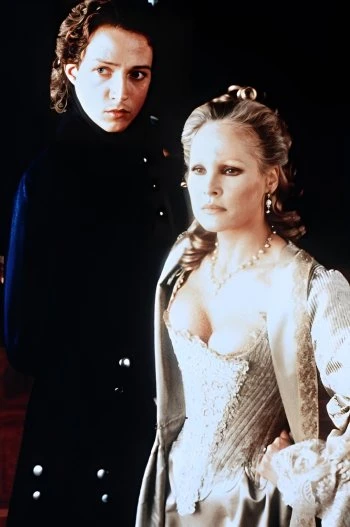
In spite of Massie's name being prominent in the opening titles and the publicity for the project, and considerable efforts being made by the design departments to get details right, Peter the Great suffers from a number of significant historical errors in the script and the characterisation. Peter has been made the hero at the expense of others who might have every right to complain. Gordon was certainly not ambushed at the Battle of Narva: he died of natural causes long before the Battle and, as Massie himself pointed out, it would probably have had a different result if he had been there. The Battle of Poltava took place long after Narva and nowhere near Moscow, contrary to what is implied here. The list could go on ...and on.
Such errors are doubly regrettable because they detract from the fact that some of the strangest stories about Peter are true. Yes, he really did decapitate several rebellious Streltsy with his own hand. Yes, he really did work in an Amsterdam shipyard on a road trip through Europe to London "incognito" - this incognito as a humble worker being rather spoilt by the fact he travelled with a considerable train, including a company of equally tall guards, four dwarves, and a monkey. While the evidence suggests he did not meet Sir Isaac Newton as he does in the miniseries, it does provide some support for the legend that he spent a splendidly boozy night with Edmond Halley. Someone missed an opportunity there.
Against that, the script does well to leave out some stories that would make Peter a far less agreeable protagonist: his treatment of his Scottish mistress, Mary Hamilton, commemorated in a lovely folk song sung by Joan Baez among others, is particularly chilling. In the end, Peter the Great presents a partial view of the man. It is not a proper balanced biography like Massie's. This matters in a world in which Peter has an enduring political legacy. Yet, judged purely as entertainment, this miniseries is a very impressive achievement that stands the test of time surprisingly well.
Published on September 7th, 2023. Written by John Winterson Richards for Television Heaven.


